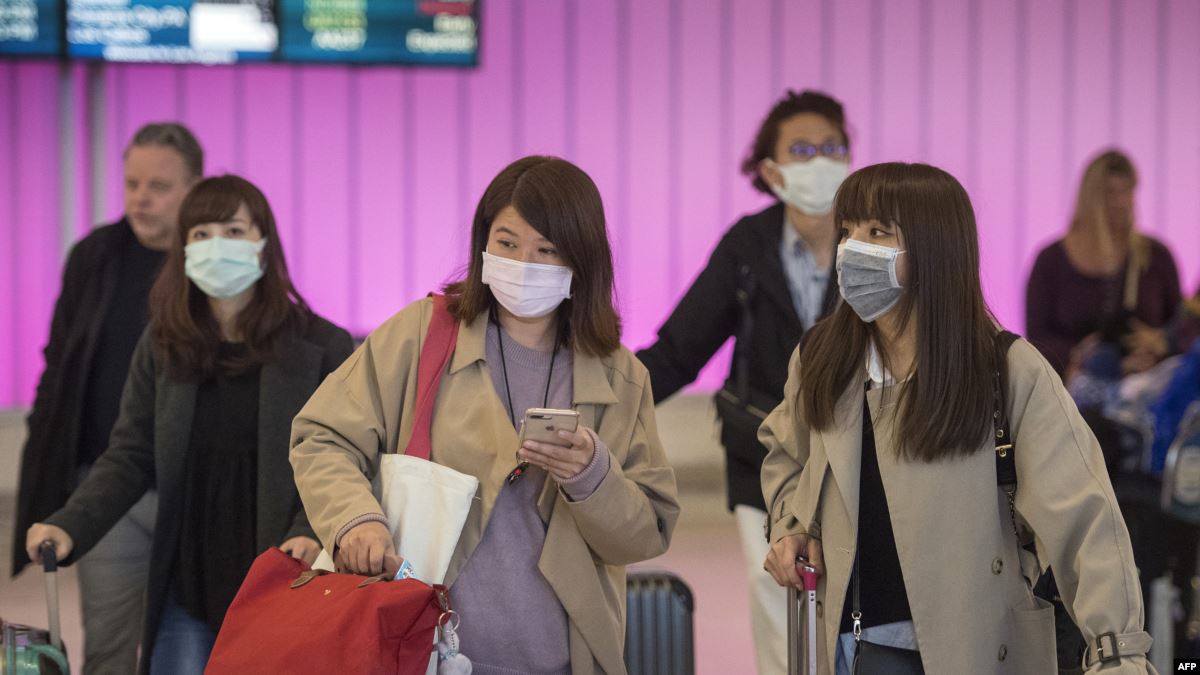
Many of the influenza symptoms are similar to those that are present for COVID-19. For example, symptoms such as fever, headache, muscle ache, sneezing and coughing. For COVID-19, additionally, there are specific symptoms such as anosmia, which is a lack of smell or taste of food. Many people, especially young people, have experienced these additional and specific symptoms for COVID-19.
Influenza Vaccination
For Patients With Acute COVID-19 or Those Recovering From COVID-19
The Advisory Committee on Immunization Practices (ACIP) recommends offering an influenza vaccine by the end of October to all people aged ≥6 months in the United States.4 People with acute COVID-19 should receive an inactivated influenza vaccine
Vaccination
Vaccination is a very important part of flu and COVID-19 prevention. Both vaccinations help reduce the risk of getting sick. If you do get sick, both lessen the risk of hospitalization and death.
The CDC recommends that everyone over the age of 6 months gets vaccinated against the flu (the “flu shot”) by the end of October each year.
Because coronavirus and influenza are different viruses, the flu vaccine will not prevent you from getting COVID-19. But here’s the good news: COVID-19 vaccination is now available for everyone 6 months of age and older, and boosters are available for most children and adults.
Flu treatment and care
Flu treatment and care can include prescription drugs, over-the-counter (OTC) medications, and supportive care.


